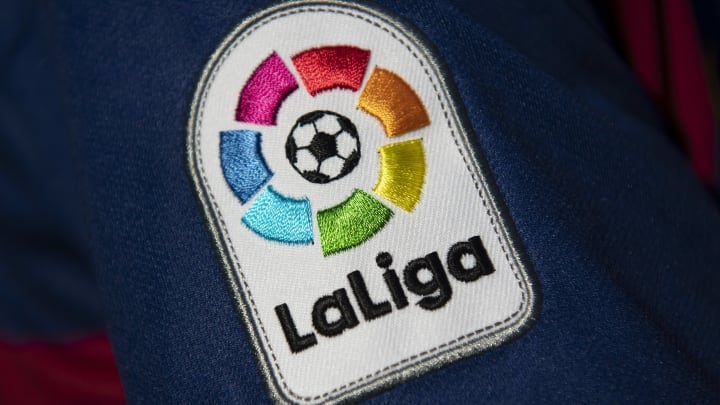La Liga approve CVC deal despite Real Madrid and Barcelona opposition
By Tom Gott

La Liga have confirmed plans to push ahead with the deal agreed with investment firm CVC, despite opposition from a handful of sides.
The proposal, which has been dubbed 'Boost La Liga', is designed to inject €2.7bn into the Spanish football scene in exchange for nearly 11% of the revenue from television rights over the next 40 years.
Despite the obvious positive of a massive cash injection in a post-COVID world, the CVC deal has not been met with unanimous approval, with Barcelona voicing their frustration towards it and Real Madrid even going as far as to launch legal action against La Liga in an attempt to block it.
Alongside the two Spanish giants, Athletic Club and a second-tier side have both rejected the plan as well, but La Liga took to their official website to confirm that they still had more than enough support from the rest of the teams to push ahead with the plan.
Just 32 of the 42 teams in Spain's top tiers were required to approve the plan, but La Liga managed to garner 38 signatures and will now put 'Boost La Liga' into action.
“We are convinced that Boost La Liga is the answer to the challenges we have to face in the medium and long term," said league president Javier Tebas. "It is a strategic agreement that will provide our clubs with greater capacity, will transform their management model and boost the appeal of our competition.
"It is the boost we need to turn La Liga into a global digital entertainment company that has the most attractive football competition in the world."
This season, upgrade your football education. ?
— LaLiga English (@LaLigaEN) August 11, 2021
Join the ??????? on @LaLigaTV. ?pic.twitter.com/TDW18pgevj
Those four teams who voted against the proposal will not share in its rewards, but for the 38 supporters, a sum of €2.7bn will be divided up and handed out to fund developments both on and off the field.
Clubs must use 70% of the money handed to them to invest in both their infrastructure and technology, with an extra 15% permitted to go on new signings and the remaining 15% used to help restructure existing debts.